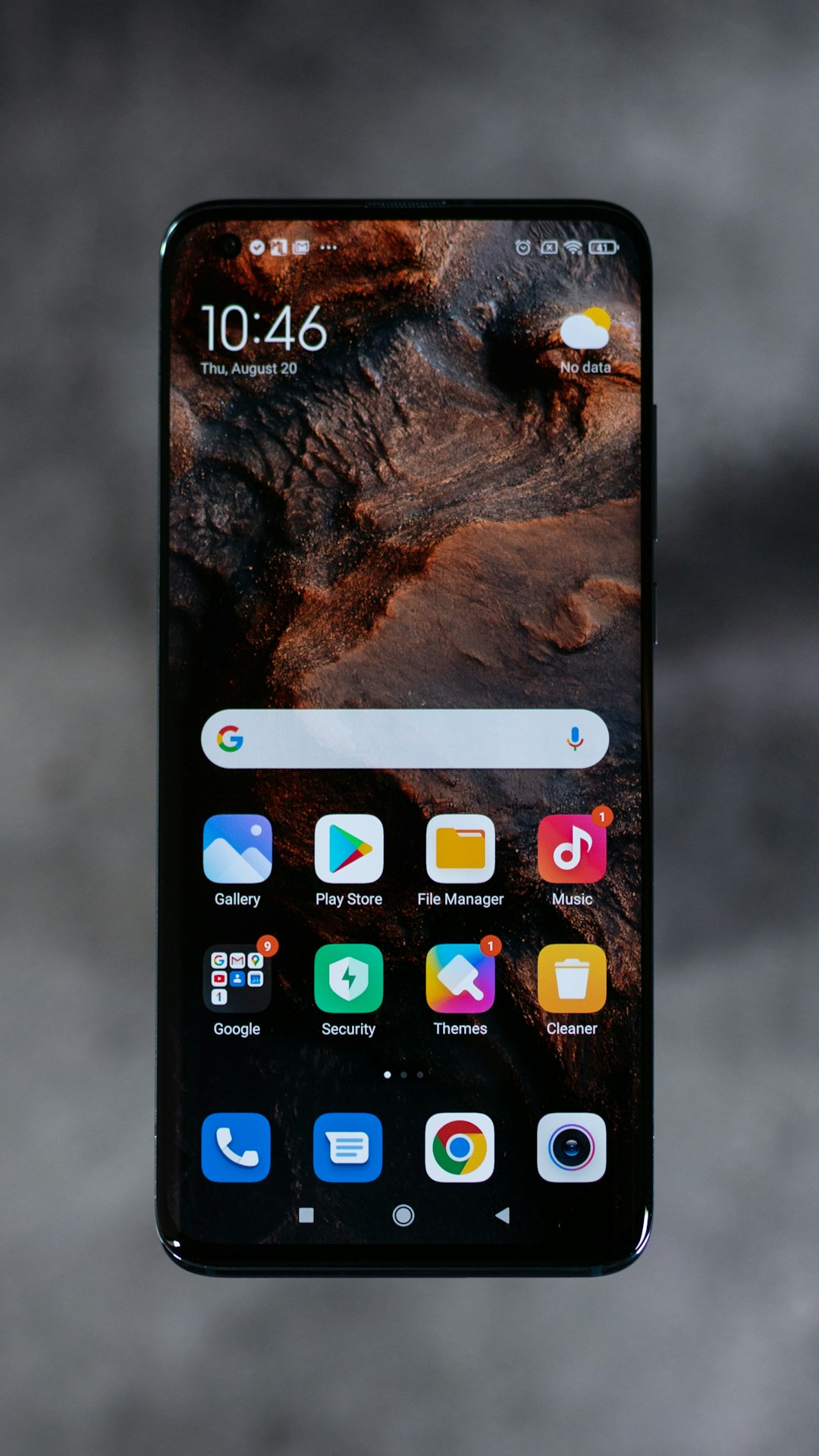Robocalls from unknown numbers are a common nuisance in Myrtle Beach, SC, but they may violate state laws. The South Carolina Public Service Commission (PSC) regulates telemarketing, and residents can register on the Do Not Call Registry to block automated calls. Unwanted robocalls warrant documentation for legal action against law firms or entities disregarding Do Not Call laws. Navigating these laws involves contacting a specialized Do not call law firm South Carolina for assistance with PSC complaints. Combating robocalls includes blocking numbers, using call-blocking apps, and registering on national and state Do Not Call registries to protect privacy.
Tired of relentless robocalls plaguing Myrtle Beach, SC residents? Understanding your legal options is crucial. This comprehensive guide navigates the complex landscape of robocall regulations in South Carolina. From identifying and documenting unwanted calls to exploring legal actions through a reputable Do Not Call law firm South Carolina, you’ll learn effective strategies to protect your privacy. Discover long-term solutions for minimizing robocalls, ensuring a quieter, more peaceful home environment.
Understanding Robocalls and Their Legal Ramifications in South Carolina

Robocalls, automated telephone calls from unknown numbers, have become a widespread nuisance in Myrtle Beach and across South Carolina. While many may dismiss them as harmless marketing attempts, robocalls often violate state laws, particularly when they are unsolicited and unwanted. In South Carolina, telemarketing regulations are enforced by the South Carolina Public Service Commission (PSC), which has established guidelines to protect consumers from excessive or deceptive calls.
When a consumer in Myrtle Beach receives a robocall from a law firm or any other entity without prior consent, it can be considered a violation of the state’s Do Not Call laws. According to these laws, residents have the right to register their phone numbers on the South Carolina Do Not Call Registry, effectively blocking most automated calls. If your number has been registered and you still receive robocalls from law firms or similar entities, it may indicate intentional disregard for the law. In such cases, legal action can be taken against the offending party, with potential consequences including substantial fines and other penalties.
Identifying and Documenting Unwanted Calls: Your First Step

Identifying and documenting unwanted calls is your first step in taking legal action against robocalls in Myrtle Beach, SC. Start by keeping a detailed record of each incident, including the caller’s number, date and time of the call, and a brief description of the message or interaction. Save any voicemails or recordings you receive from these calls as evidence.
Many robocallers use automated systems that can be traced through advanced Caller ID information. Note down any patterns or recurring numbers, as this could indicate a pattern of illegal activity. Additionally, report the calls to your state’s Do Not Call registry and consider reaching out to a reputable do not call law firm in South Carolina for guidance and assistance in navigating your legal options.
Navigating South Carolina's Do-Not-Call Laws and Regulations

Navigating South Carolina’s Do-Not-Call Laws and Regulations is crucial for residents facing persistent robocalls in Myrtle Beach, SC. The state has specific guidelines designed to protect consumers from unwanted phone marketing calls. According to South Carolina’s Do-Not-Call law, businesses are prohibited from making automated or prerecorded telemarketing calls to telephone numbers listed on the National Do-Not-Call Registry. If you’ve registered your number with this registry, any robocalls received can be considered a violation of state laws.
To take legal action against robocallers, consider contacting a reputable Do not call law firm South Carolina. These specialists are equipped to handle cases involving unwanted telemarketing calls and can guide you through the process of filing a complaint with the South Carolina Public Service Commission (PSC). The PSC is responsible for enforcing state telemarketing laws and regulations, ensuring that businesses comply with consumer protection measures.
Legal Actions You Can Take Against Robocallers

If you’re facing an excessive number of robocalls from telemarketers or fraudulent callers in Myrtle Beach, SC, there are legal actions you can take to stop them. The first step is to document the calls, including the caller’s phone number and the time and date of each call. This information will be crucial when filing a complaint with relevant authorities.
In South Carolina, you can file a complaint with the South Carolina Public Service Commission (PSC) or the Federal Trade Commission (FTC). Both organizations have mechanisms in place to address unwanted calls, including robocalls. Additionally, consider blocking numbers through your phone settings and using registered Do Not Call services. Legal actions against robocallers may include seeking damages for harassment or invasion of privacy, as well as requesting a court order to cease the calls.
Protecting Yourself: Long-Term Strategies to Stop Robocalls

To protect yourself from robocalls in Myrtle Beach, SC, consider implementing long-term strategies that go beyond mere blocking numbers. One effective approach is to register your phone number on the National Do Not Call Registry. This federal list restricts telemarketers from calling you, providing a significant layer of defense against unwanted calls. Regularly reviewing and updating your privacy settings on all devices and applications can also prevent your contact information from being shared without your consent.
Additionally, using call-blocking apps or purchasing a robocall protection service can significantly reduce the volume of automated calls you receive. These tools learn to identify and block known robocaller patterns, offering continuous protection. As a further precaution, avoid providing your phone number online unless absolutely necessary. Many websites and services now offer ways to submit your contact details anonymously, minimizing exposure to potential robocallers. Engaging in these proactive measures will help create a robust barrier against relentless robocalls.






